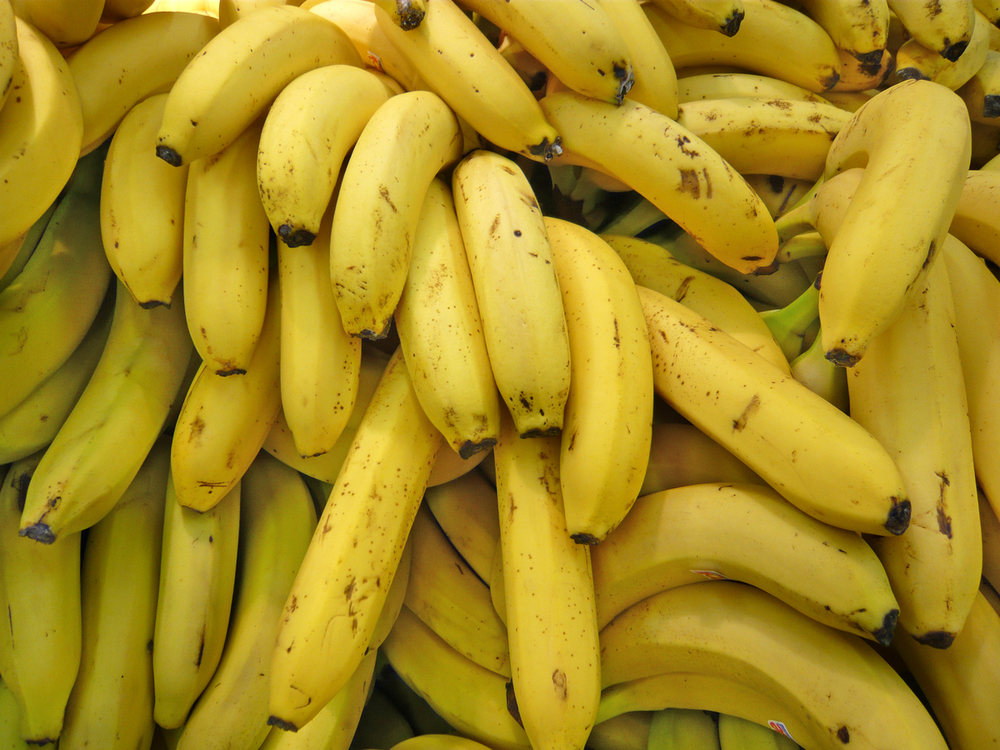Partnership with Migros 2020
The Migros Cooperative Alliance (‘Migros-Genossenschafts-Bund’, Migros) has been committed to helping the environment alongside WWF for more than 20 years. Since 2009, this cooperation has taken place as part of a comprehensive strategic partnership, which includes ambitious goals in the most relevant environmental areas.

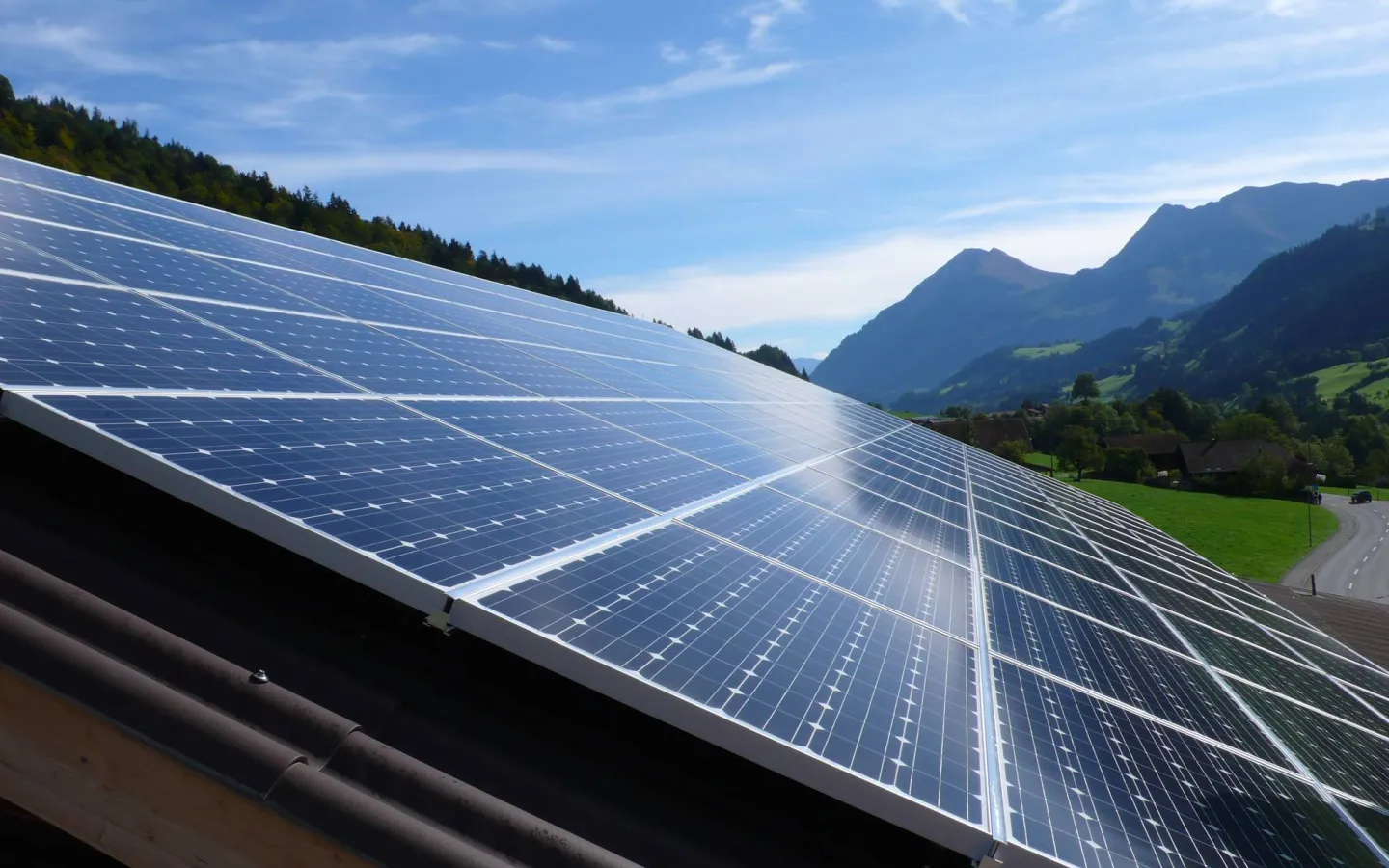
Climate and Energy
Migros set the target of reducing operational greenhouse gases by 20% and absolute electricity consumption by 10% by 2020 (compared to figures recorded in 2010). As part of the Science-Based Targets initiative (SBTi), which was co-founded by WWF, Migros has committed to reduce its emissions using science-based targets. Migros joined the initiative in 2020.
Reduction in greenhouse gases compared to 2010
Migros set the target of reducing greenhouse gas emissions by 20% by 2020 compared to figures recorded in 2010. CO2 emissions are measured in t CO2e. Included in the calculations is the cooperative retail trade (branches, logistics centres + logistics, i.e. transport, Migros Cooperative Alliance; excl. associated industry, trade, finance, travel).
In 2020, Migros reduced its greenhouse gas emissions by around 25% compared to 2010 (absolute actual value in 2020: 137,844 tonnes of CO2e) and achieved its target.
Reduction in electricity consumption compared to 2010
Migros set the target of reducing its absolute electricity consumption by 20% by 2020 compared to figures recorded in 2010. Figures are measured in GWh/year. These include cooperative retail trade, including branches, operations centres, distribution centres, Migros Cooperative Alliance.
Migros achieved its goal and reduced its electricity consumption in 2020 by 14.5% compared to 2010 (absolute actual value in 2020: 549 GWh).
Reduction in air transport emissions
Migros has set the target of reducing its air transport emissions by 8750t CO2e by 2025 compared to figures recorded in 2018. This includes supermarkets/consumer stores, and specialist stores, food and non-food products, but excludes cut flowers.
In 2020, Migros’ absolute CO2e emissions from goods transported by air were 35049t CO2e. This is, in fact, a slight increase compared to the previous year and can be attributed to the general increase in goods sold and the increased sale of flown-in masks and disinfectants. Nevertheless, Migros is within the range forecast to achieve its targets.
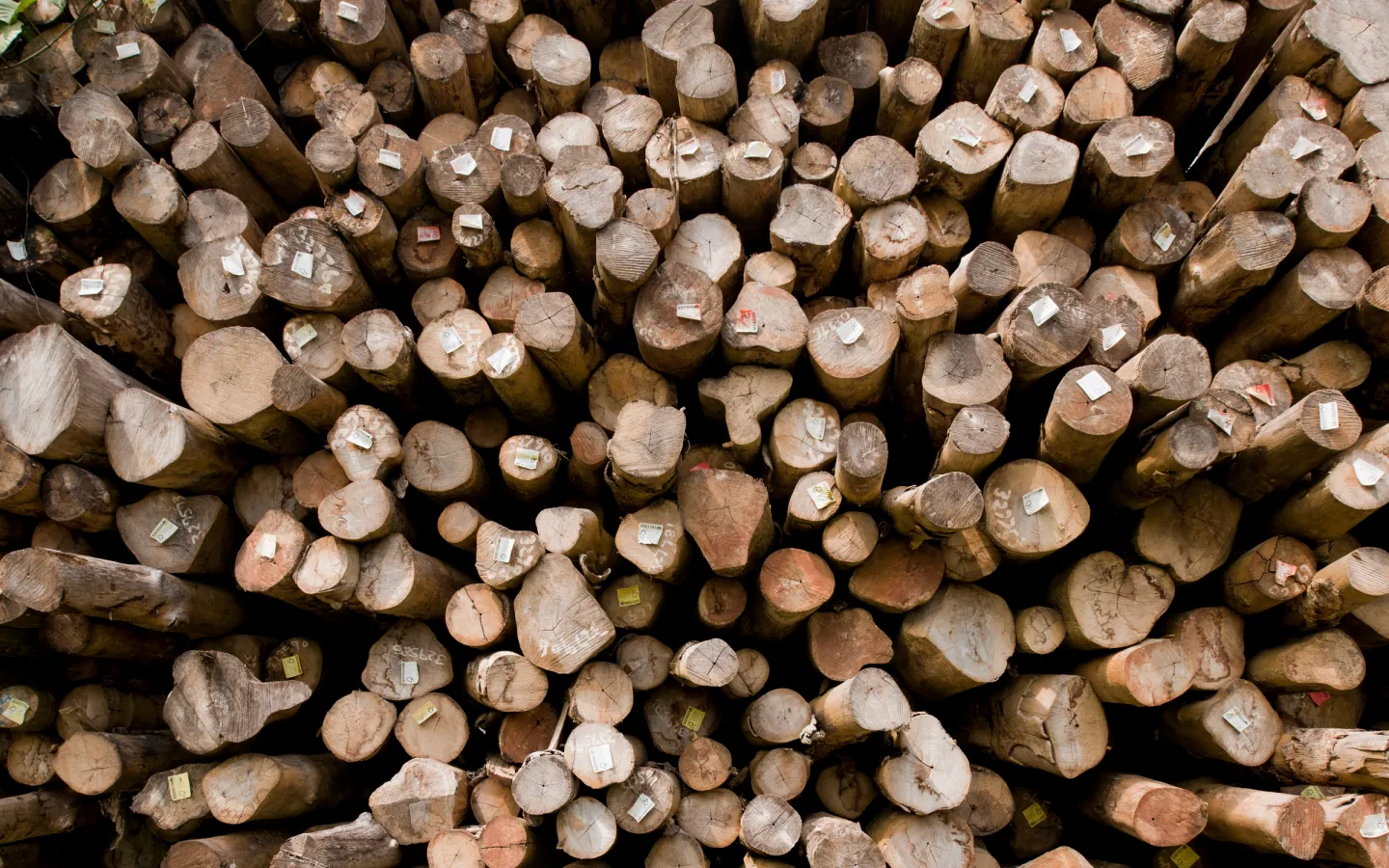
Wood and Paper
Migros is a founding member of the WWF GLOBAL FOREST & TRADE NETWORK Switzerland (GFTN), formerly WWF Wood Group. Migros supports environmentally sound, socially responsible, and economically viable forestry, and sources its wood and paper products from sustainable sources.
Wood, paper, and pulp products from sustainable sources (FSC-certified or recycled)
Migros has set the target of ensuring that 77% of its wood, paper, and pulp products come from sustainable sources (FSC-certified or recycled) by 2025. The share of the turnover is measured in per cent. This includes products with a wood/paper/pulp content > 50 % or products essentially characterised by their wood/paper/pulp content. This applies to Migros Retail (near/non-food), Do it + Garden (DIY), and Micasa (furniture).
In 2020, 70.3% of wood, paper, and pulp products at Migros came from sustainable sources.
Remark: Decrease in the share of FSC-certified products at Micasa due to a change of supplier.
Wood, paper, and pulp products by origin
Migros has set itself the target of not only increasing the proportion of wood and paper products from sustainable sources (FSC-certified or recycled), but to simultaneously reduce the proportion of products where knowledge of the origin is limited, no analysis is available, or the origin is not verified. The share of the turnover is measured in per cent. This applies to Migros Retail (near/non-food), Do it + Garden (DIY), and Micasa (furniture), excl. Interio. This includes products with a wood/paper/pulp content > 50 % or products essentially characterised by their wood/paper/pulp content.
In 2020, 29.7% of wood, paper, and pulp products were obtained from verified sources (all remaining products that are not FSC-certified or recycled).
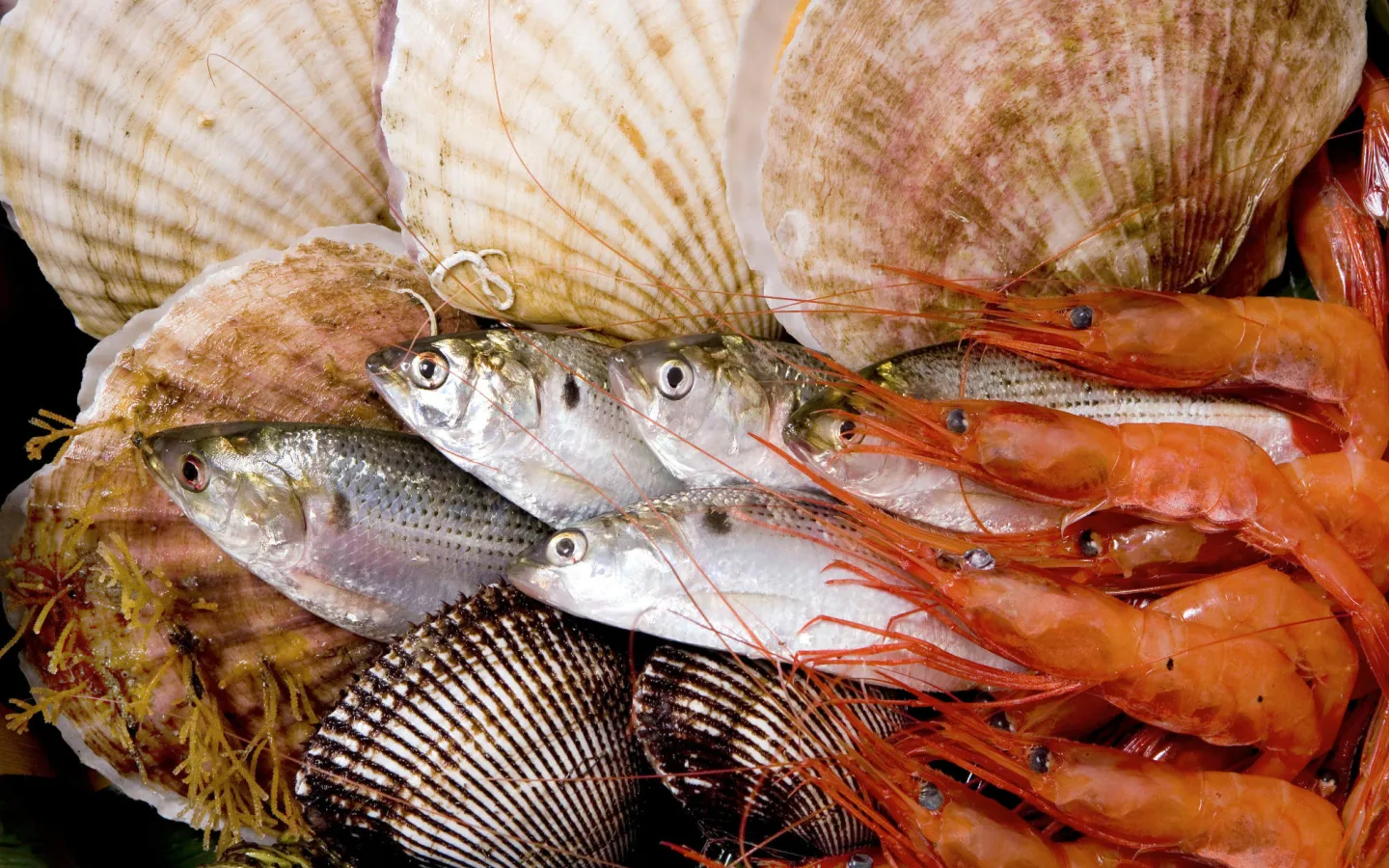
Fish and Seafood
As a member of the WWF Seafood Group, Migros and Micarna are committed to not offering fish and seafood from acutely threatened stocks, to gradually replacing non-sustainable sources with better alternatives, and to continuously increasing the proportion of recommended products.
Migros: share of recommended or acceptable sources according to WWF in the entire seafood range
Migros continues to aim for 100% of its entire seafood range to come from recommended or acceptable sources. This is measured as a percentage of the turnover of the entire seafood range. This applies to the Migros Cooperative Alliance and includes the following ranges: fresh food, frozen food, convenience food, pet food, canned food, and gastronomy (business segments 1 + 2: Migros Restaurant and Migros Take Away)
In 2020, 97% of the entire seafood range came from recommended or acceptable sources.
Migros: Anteil empfehlenswerter Labels am Umsatz des Seafood-Sortiments
Migros set the target that 64% of its seafood range will have recommended labels according to WWF standards (organic, ASC, MSC) by 2020. This is measured as a percentage of the turnover of the seafood range. It applies to the Migros Cooperative Alliance and includes the following ranges: fresh food, frozen food, convenience food, canned food, and pet food.
In 2020, 68% of the seafood range was certified with recommended labels according to WWF standards.
Migros: share of recommended sources according to WWF standards throughout the entire range
Migros set itself the target that by 2020 the share of recommended sources according to WWF standards (scoring 1 and 2 in the Seafood Guide) will reach 78% of the entire range. This is measured as a percentage of the turnover of the seafood range. It applies to the Migros Cooperative Alliance’s ranges: fresh food, frozen food, convenience food, canned food, and pet food.
In 2020, 80% of the seafood range came from recommended sources.
Micarna: share of recommended or acceptable sources according to WWF in the entire seafood range
Micarna set the target to purchase 100% of its entire seafood range from recommended or acceptable sources by 2020. This is measured as a percentage of the turnover of the entire seafood range. It includes Micarna Seafood from 1% volume content (excl. fish extract/fish oil as a minor ingredient in processed products).
In 2020, 100% of the entire seafood range came from recommended or acceptable sources.
Micarna: proportion of recommended labels
Micarna set the target that 61% of its entire seafood range would carry recommended labels according to WWF standards by 2020. This is measured as a percentage of the turnover of the entire seafood range. MSC, ASC, and organic are considered recommended/highly recommended labels. This applies to Micarna Seafood.
In 2020, 77% of the entire seafood range was certified with recommended labels according to WWF standards.
Remark: by consistently moving to ASC and MSC for several species, Micarna was able to greatly increase its share of recommended labels. Product ranges were consistently switched to ASC throughout 2020.
Micarna: share of recommended sources of the entire seafood range
Micarna set the target that by 2020 73% of its entire seafood range would come from recommended sources (scoring 1 and 2 according to the WWF Seafood Guide). This is measured as a percentage of the turnover of the entire seafood range and applies to Micarna Seafood.
In 2020, 88% of the entire seafood range came from sustainable sources.
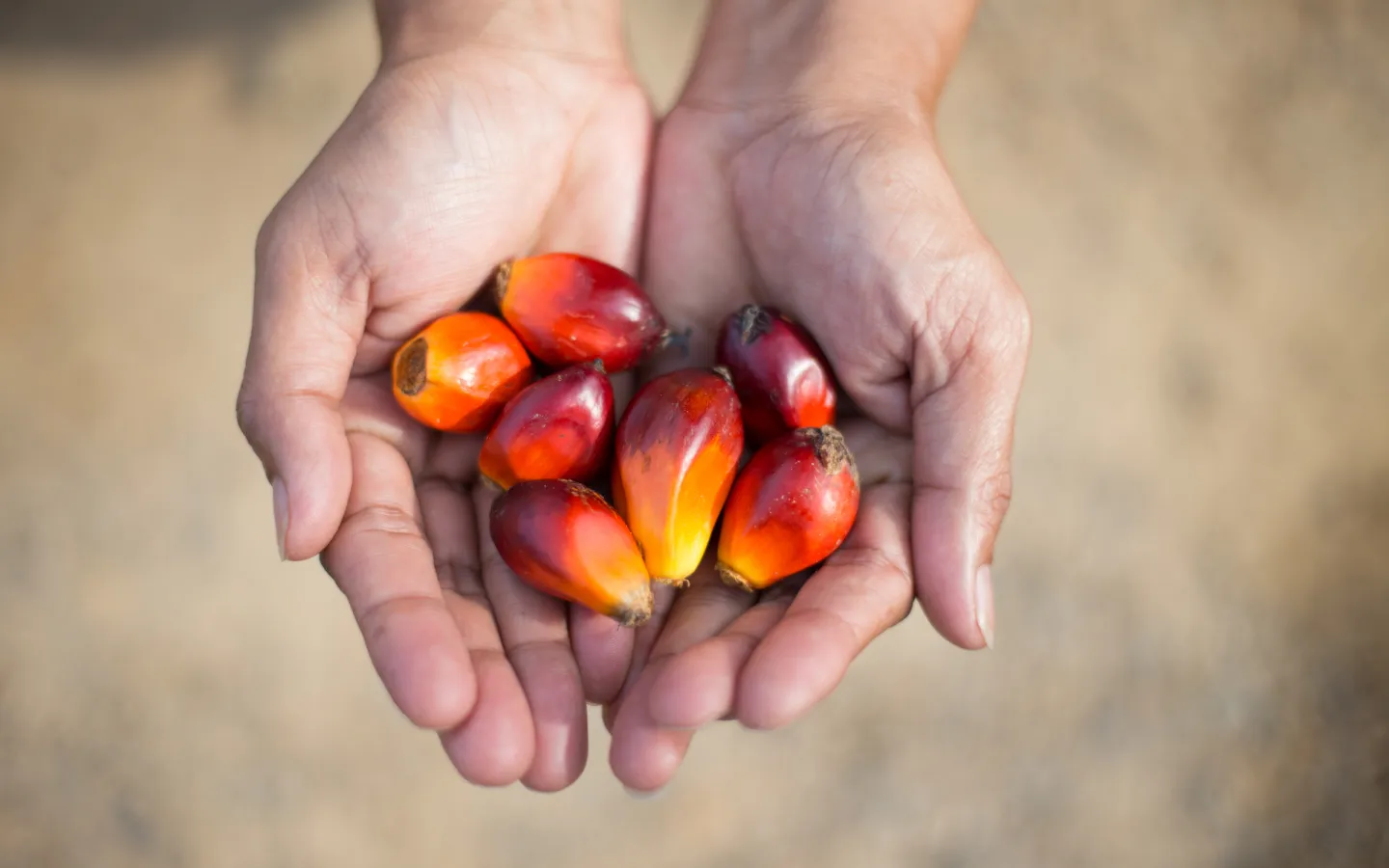
Palm Oil
Migros and WWF are among the founding members of RSPO. Migros already switched to physically traceable, sustainable palm oil from RSPO-certified plantations back in 2016. The demanding changes for derivatives and fractions in the near- and non-food sector are ongoing.
Share of physically sustainable palm oil in own-brand food (‘M-Industry’)
Migros has set the target of increasing its proportion of physically sustainable palm oil in own-brand food (M-Industry) to 100% by 2025. The calculation is based on the share by weight of physically sustainable palm oil in the total consumption by M-Industry’s food sector. The accepted standards are RSPO IP, RSPO Segregated, and POIG. This includes the Migros Cooperative Alliance along with its own-brand products as well as M-Industry products.
In 2020, the share of physically sustainable palm oil in own-brand foods (M-Industry) was 99.3%.
Remark: the remaining 0.7% are individual ingredients purchased for use in the end product that cannot yet be physically procured sustainably.
Share of physically sustainable palm oil in foods from third-party suppliers
Migros has set the target of increasing its proportion of physically sustainable palm oil in own-brand foods supplied by third-party suppliers to 100% by 2025. The calculation is based on the percentage by weight of physically sustainable palm oil from third-party suppliers. The accepted standards are RSPO IP, RSPO Segregated, Bio Suisse. This includes products from third-party suppliers of the Migros Cooperative Alliance.
In 2020, the share of physically sustainable palm oil in foods from third-party suppliers was 96%.
Share of certified palm oil in near- and non-food associated industry
Migros has set the target of increasing the proportion of certified palm-based raw materials in near- and non-food products from its associated industry to 100% by 2025. Calculations show the proportion of certified palm-based raw materials used by the company’s associated industry. The accepted standards are RSPO IP, RSPO Segregated, RSPO Massbalance, and POIG. This applies to the cooperative retail trade and the associated industry.
In 2020, the share of certified palm oil in near- and non-food of the associated industry was 93%.
Proportion of certified palm oil in near- and non-food in Migros own brands from third-party suppliers
The proportion of certified palm oil in near- and non-food items among the Migros own brands from third-party suppliers is not recorded annually. Therefore, there are no figures available for 2020.
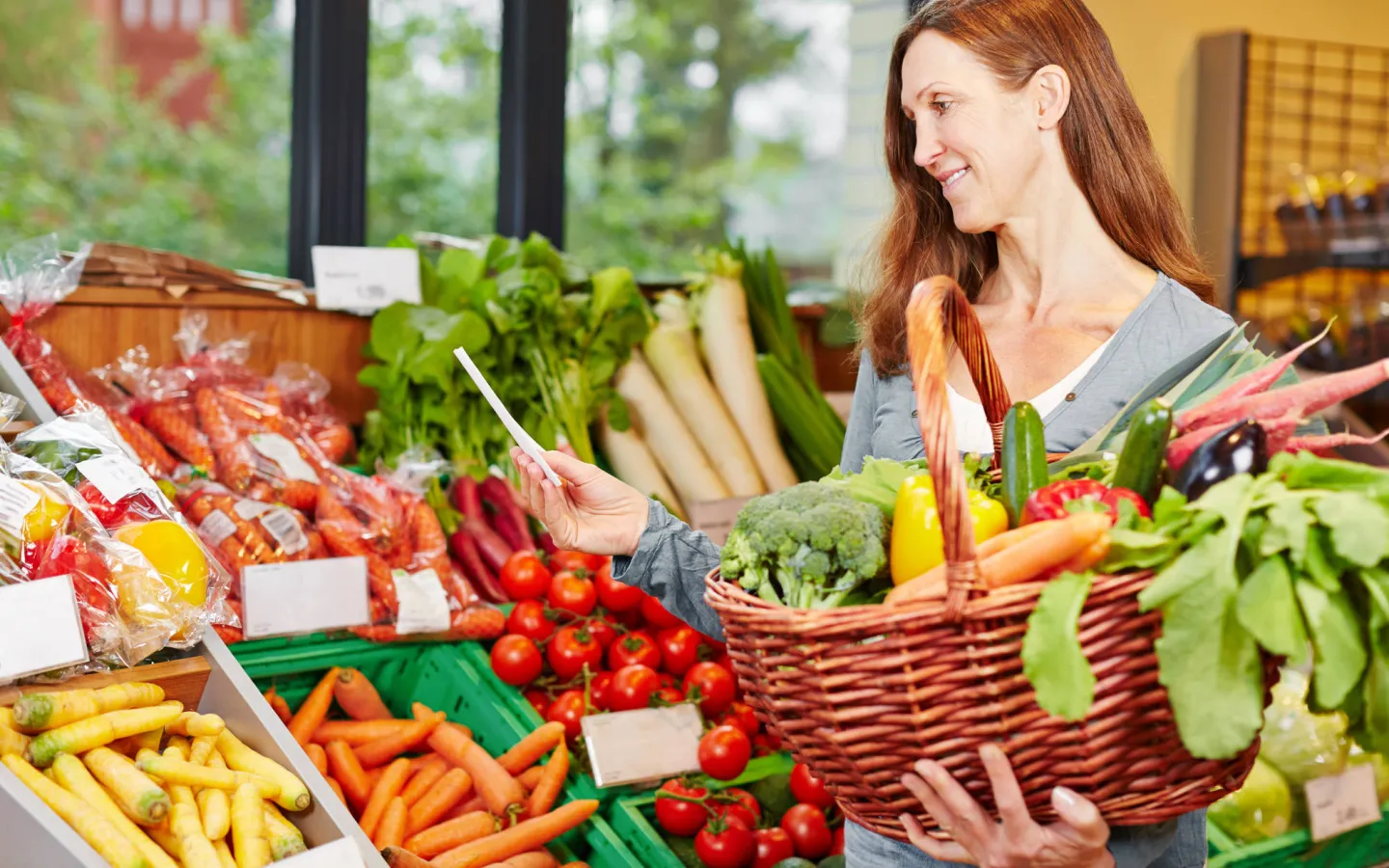
Sustainable Consumption
Reducing food waste
Migros has set the target in the cooperative retail trade of reducing food waste in areas relating to the supermarket by 20% (reference year 2018) by the end of 2025.
In 2020, Migros was able to reduce food waste to 1.22%. The graph shows the food waste rate.
Increase in the number of products labelled vegetarian or vegan
Migros has set the target of increasing its number of products labelled as vegetarian/vegan in areas relating to the supermarket to 800 items (online and on the product) by 2025.
In 2020, the Migros range included 785 products labelled vegetarian/vegan.
